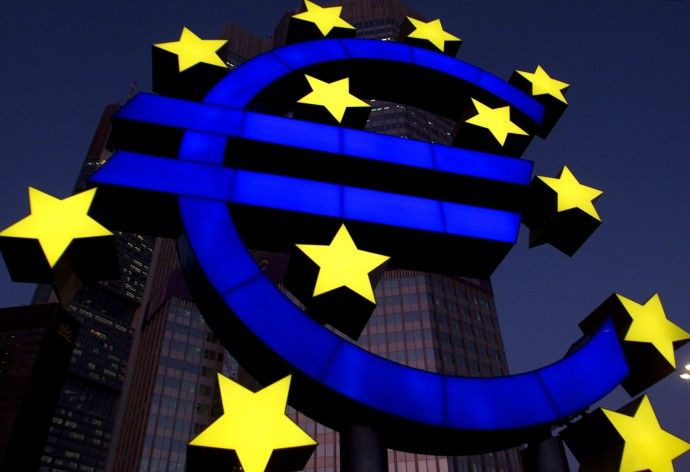Does the market not care about the European debt crisis?

The market probably didn’t forget about the European debt crisis; after all, there are frequent reminders, like Moody’s further downgrade of Greek debt on Monday. So, the more likely scenario is that it just doesn’t care right now.
For example, when news of the Moody’s downgrade hit the market early in Monday’s European session, the currency market largely shrugged it off.
One could argue that Greece is old news and that all the attention is focused on Portugal, which is eyed as the next victim of the European debt crisis.
However, news from Portugal isn’t that bright either.
Yields on Portuguese government debt have been steadily climbing. Currently, yields on bonds maturing in 2019 are north of 7 percent, compared to below 4 percent in late 2009 and a little over 5 percent in August 2010.
Still, as far as the currency and stock markets are concerned, they don’t seem to care much; in 2011, the euro has rallied almost 5 percent against the US dollar and the Portuguese stock market climbed almost 4 percent.
Moreover, the key euro zone's problems (lack of centralized fiscal policy and austerity measures dampening economic growth), which the market fixated upon during the Greek and Irish debt crises, don’t seem to bother investors anymore.
In fact, if the European Central Bank (ECB) raises rates soon (as expected), peripheral Europe should see higher borrowing costs, which will exacerbate their problems.
Interestingly, during the height of the Greek debt crisis, many analysts thought the ECB would raise rates later than the Federal Reserve because the ECB supposedly couldn’t afford to put extra burden on struggling peripheral euro zone members.
So why does the market seem to no longer care about the fundamental problems in the euro currency and euro zone?
The answer isn’t clear.
The European debt crisis seems to come and go, sometimes independent of fundamental conditions. The only reliable trigger is the flaring of the credit default swaps and the yields on the government debt of the victim euro zone members. What causes these ‘flares’ remains somewhat of a mystery.
European policy makers like to blame market manipulators and hedge funds.
Meanwhile, others have suggested that core European members may be ‘talking down the euro’ to enhance the competitiveness of their exports.
Regardless of the real reason, the key lesson for participants in the forex market is that the European debt crises can flare up without warning or identifiable cause.
In light of this caution, traders long the euro and short the dollar should perhaps vilgilantly watch the CDS and yields of Portugal and other peripheral euro zone countries.
Email Hao Li at hao.li@ibtimes.com
Click here to follow the IBTIMES Global Markets page on Facebook
Click here to read recent articles by Hao Li
© Copyright IBTimes 2024. All rights reserved.




















